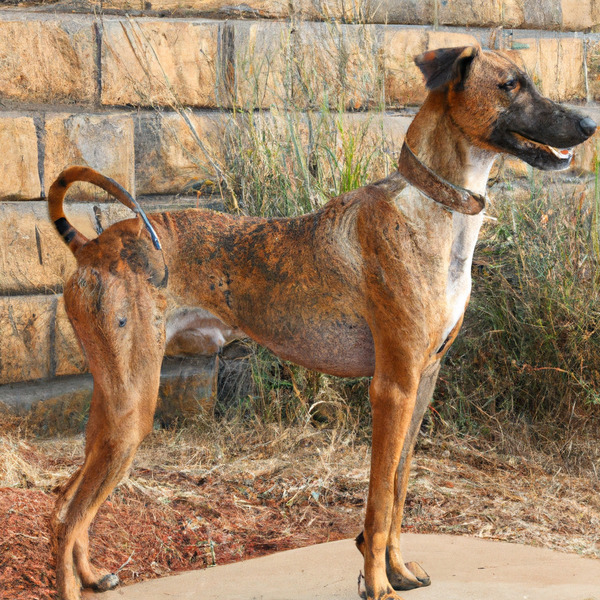Africanis vs. Pumi: Breed Differences and Similarities
Weight Gain Potential
Which breed eats more: Africanis or Pumi?
Africanis has average obesity risk, needs balanced diet, daily walks, and weight monitoring.
Pumi has average risk of obesity, needs daily walks and quality diet to maintain healthy weight.
Hypoallergenic
Are Africaniss or Pumis hypoallergenic, or neither?
Unfortunately, the Africanis is not hypoallergenic, making it not a good choice for a dog lover who suffers from pet allergies.
While no dogs are truly 100% hypoallergenic, Pumis are about as close as it gets, making them an ideal pet if you are an allergy sufferer.
Temperament
What are the personalities of Africanis and Pumi dogs?
Friendly
Territorial
Watchful
Independent
Trainable
Protective
Affectionate
Obedient
Active
Lively
Reserved
Intelligent
Protective
Vocal
Alert
Restless
Extremely Bold
Suspicious Towards Strangers
Sensitive
Noisy
Shedding Level
Do Africaniss shed more than Pumis, or which breed sheds more, Africaniss or Pumis?
Africaniss are low shedding dogs, requiring minimal coat care.
Pumis are moderate shedders, but regular brushing can reduce shedding and maintain coat health.
Watchdog Ability
Which dog breed makes a better watchdog, the Africanis or Pumi?
Africaniss make excellent watchdogs - they're vocal and protective of their territory.
Choose a Pumi if you want a top-notch watchdog. This breed takes guarding seriously, and may not require much training, though obedience or guard dog training can improve their skills.
Origin
What is the origin of Africanis and Pumi dog breeds?
Africa
Hungary
Ancestry
What are the origins of Africanis and Pumi breeds?
Unknown Hound and Pariah-type Dogs
Puli, German and French Sheepdog
Date of Birth
When were Africanis and Pumi breeds first developed?
Ancient Times
1700s
Breed Group
What is the Breed Group of Africanis and Pumi?
Hound
Herding
Eye Color Possibilites
What are the eye colors of Africanis and Pumi dogs?
Brown
Amber
Brown
Nose Color Possibilites
What are the natural nose colors of Africanis and Pumi?
Black
Black
Coat Color Possibilites
What are the natural colors of the coat for Africanis and Pumi breeds?
Black
Gray
Brown
Red
Cream
Isabella
Fawn
Silver
White
Pied
Sable
Brindle
Black
Gray
Silver
Coat Length
What is the typical coat length for Africanis and Pumi breeds?
Africaniss have short coats.
Pumis have medium-length coats.
Coat Density
What is the density of the coat of Africanis and Pumi?
Coat Texture
What is the hair texture of Africanis and Pumi?
Straight
Curly
Litter Size
What is the usual litter size for Africanis and Pumi?
An Africanis can have a litter of 10-12 puppies on average. However, it's worth noting that the size of the litters can vary greatly. Factors that can influence litter size include the health of the mother, breeding history, and genetics.
A Pumi can have a litter of 12-15 puppies on average. However, it's worth noting that the size of the litters can vary greatly. Factors that can influence litter size include the health of the mother, breeding history, and genetics.
Adaptability
Africaniss have average adaptability to changes in lifestyle and living environments compared to other breeds.
Pumis are highly adaptable and versatile, making them excellent companions for families and individuals of all lifestyles.
Health Issues
Between Africanis and Pumi, which breed is more prone to health problems?
Africanis and Pumi are breeds of dogs that are known to have a higher frequency of health issues compared to other breeds. These issues can range from minor to serious, and regular check-ups with a veterinarian are essential in order to identify and address any potential problems as early as possible.
Major Concerns
What are the major health concerns for Africanis and Pumi breeds?
Dermoid Sinus
Patellar Luxation
Lens Luxation
Minor Concerns
What minor health issues should be kept in mind when owning Africanis and Pumi?
Usually Very Healthy
Hip Dysplasia
Degenerative Myelopathy
Occasional Tests
What occasional tests are recommended for Africanis and Pumi breeds?
Eye Examination
X-rays or other radiographic imaging
Myelography (Dye And X-Ray to Assess The Spinal Cord)
Eye Examination
OFA on hips and elbows
DNA Test
Energy
How do the energy levels of Africaniss and Pumis compare?
Africaniss' high energy levels make them unsuitable for a low-key dog, choose accordingly.
Pumis thrive on an active lifestyle due to their high-energy nature.
Social Needs
Africanis vs Pumi social needs comparison
Africanis has above average social needs and thrives with interaction with humans and other dogs.
Pumi has very high social needs and requires regular mental and physical stimulation, a job or purpose, and companionship.
Exercise Needed
Africanis vs Pumi exercise need comparison.
The Africanis and Pumi breeds need significant physical activity to maintain a healthy lifestyle. They are well-suited for those who lead an active lifestyle and enjoy activities such as running, hiking, or other outdoor pursuits.
Sleeping Need
Which of the two sleeps the most/least: Africanis or Pumi?
Africaniss sleep less than other breeds but still need adequate sleep for good health.
Pumis are active and require sufficient sleep to stay healthy.
Drooling Tendency
Which drools more/less, Africanis or Pumi?
Africanis minimally drools, ideal for those who dislike drool marks on clothing.
Pumi is an average drooler, monitor for excessive drooling which may indicate health issues.
Tendency to Bark
Do Africaniss or Pumis bark more/less frequently?
Africaniss bark moderately when necessary and may also bark due to certain triggers like fear, alarm, boredom, greeting, separation anxiety and compulsive barking.
Pumi dogs bark and howl frequently and are not recommended for quiet homes.
Territorial
Is the Africanis or Pumi a better guard dog?
These breeds are known for their strong protective nature and territorial instinct. They will fiercely defend their territory and are highly alert and vigilant against any perceived threat to their home and family.
Mouthiness
Mouthiness Comparison: Africanis vs Pumi?
Roaming urge
Africanis vs Labrador: Running away tendency?
Prey Drive
Africanis or Pumi - which breed has a higher level of prey drive?
Activity Level
Which breed has higher energy, Africaniss or Pumis?
Both Africanis and Pumi are medium-energy dogs that enjoy socializing and playing with other dogs. They may engage in casual or sustained games of chase, and occasionally have bursts of barking or racing around the house.
Tolerance of being left alone
Walks per Week
How many miles should Africanis or Pumi walk each week?
There's really no limit to how far you walk your dog as long as they're comfortable. For Africanis, it's at least 16 miles / week. Just remember to build distance and stamina gradually over time.
There's really no limit to how far you walk your dog as long as they're comfortable. For Pumi, it's at least 8 miles / week. Just remember to build distance and stamina gradually over time.
Activity per Day
Do Africaniss or Pumis require more exercise?
In general most Africaniss usually need at least 90 minutes of exercise daily. This can be spread across the day and include all sorts of high-energy activities, like walking, running and playing.
In general most Pumis usually need at least 45 minutes of exercise daily. This can be spread across the day and include all sorts of high-energy activities, like walking, running and playing.
Grooming
Which breed is easier to maintain in terms of grooming, Africaniss or Pumis?
The Africanis has low grooming needs and is easy to maintain.
The Pumi requires an average amount of grooming compared to other breeds.
Brushing Frequency
What is the recommended brushing frequency for Africanis and Pumi dogs?
Africanis and Pumi should be brushed at least once a week. Of course, you can give them more frequent brushes if you find that they are still shedding a lot.
Brushing Tools
What brushing tools are used for Africaniss and Pumis?
Slicker Brush
Nail Clipper
Pin Brush
Slicker Brush
Comb
Nail Clipper
Cups
How much food should be given to Africanis or Pumi in cups?
For an average 55-100 pound (25 - 45 kg) Africanis feed 2.5 cups daily. But, keep in mind, the amount you feed is going to be dependent on the quality of the food you are feeding.
For an average 27-29 pound (12 - 13 kg) Pumi feed 1.2 cups daily. But, keep in mind, the amount you feed is going to be dependent on the quality of the food you are feeding.
Daily Cost
Which breed has a higher daily cost, Africanis or Pumi?
The average cost of an Africanis is somewhere $2.10 - $2.70 per day.
The average cost of a Pumi is somewhere $1.40 - $1.40 per day.
Monthly Cost
Which breed has a higher monthly cost, Africanis or Pumi?
The average per month expenses of an Africanis is between $48 - $63. This makes an average of $576 - $756 per year. It will be on the higher side when the dog is still small because it will need more frequent visits to the vet, shots.
The average per month expenses of a Pumi is between $35 - $42. This makes an average of $420 - $504 per year. It will be on the higher side when the dog is still small because it will need more frequent visits to the vet, shots.
Intelligence
Comparing Intelligence: Africaniss vs Pumis
Africanis is a very intelligent and trainable breed.
Pumis are average in obedience intelligence but have a high IQ and may cause trouble if left unsupervised.
Sensitivity Level
How do Africanis and Pumi compare in sensitivity?
Africaniss have average emotions and adapt well to different situations.
Pumis are adaptable and resilient, making them ideal for those seeking a less sensitive pet.
Affection Dependance
Which is the more affectionate dog breed: Africanis vs Pumi?
Apartment Friendly
Which breed is more apartment-friendly: Africanis or Pumi?
Africaniss can do well in apartments with enough exercise and time outside, but a small yard would be ideal.
Pumis are good apartment dogs as long as they get enough exercise and stimulation outside of the apartment.
Child Friendly
Do Africaniss or Pumis have a friendlier temperament towards children?
Africanis and Pumi are kid-friendly dogs. They are good with children and excellent dogs with children if they are socialized and trained at a young age.
Senior-friendly
Which dog is more suitable as a pet for the elderly - Africanis or Pumi?
Cat Friendly
Do Africanis or Pumi breeds have a better compatibility with cats?
Africaniss are good with cats, but early training is needed to prevent chasing behavior.
Pumis are average in their friendliness toward cats and tend to do well with them, especially if raised together.
Dog Friendly
Which breed is more sociable with other dogs: Africanis or Pumi?
{Africaniss and Pumis are average friendly towards other dogs. If they are raised with other dogs, they are likely to get along with them. And, if they are socialized properly from a young age, they will usually be great with other dogs.
Pet friendly
How do Africanis or Pumi dogs interact with other pets?
Stranger Friendly
Which breed is more friendly with strangers: Africanis or Pumi?
Africaniss are averagely friendly around strangers but benefit from early socialisation.
Pumis are quick to announce strangers and can be standoffish or suspicious.
Playfulness
Which breed is more playful between Africanis and Pumi?
Africaniss are a playful breed that needs daily playtime to be happy.
Pumis are very playful, so adopting an older one might be a better option for a more relaxed experience.
Trainability
How do the trainability levels of Africaniss and Pumis compare?
Africanis and Pumi dogs are known for their ease of training and ability to learn quickly, making them a popular choice for pet owners and trainers alike.
Compare Africanis with other breeds
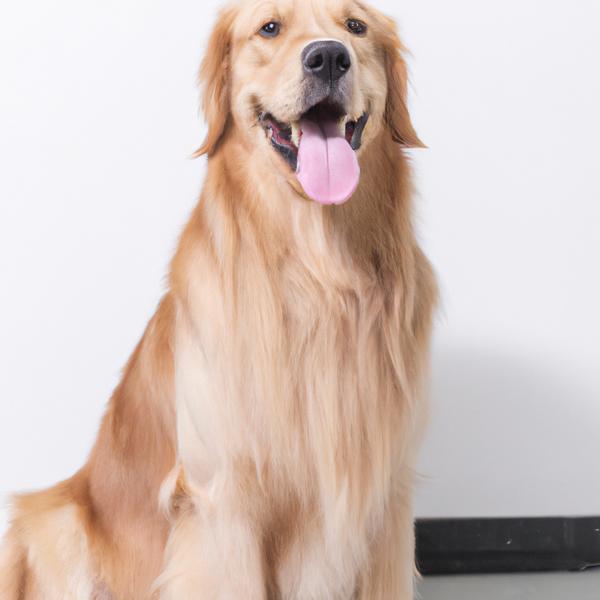
Golden Retriever
Africanis vs Golden Retriever
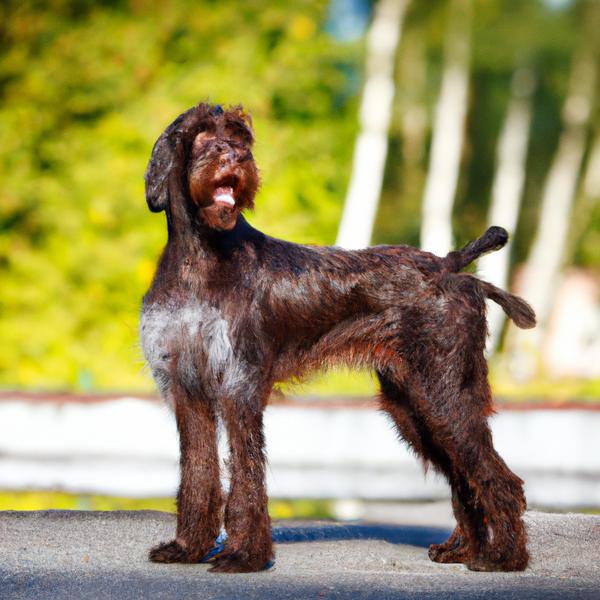
Irish Russian Spanterrier
Africanis vs Irish Russian Spanterrier
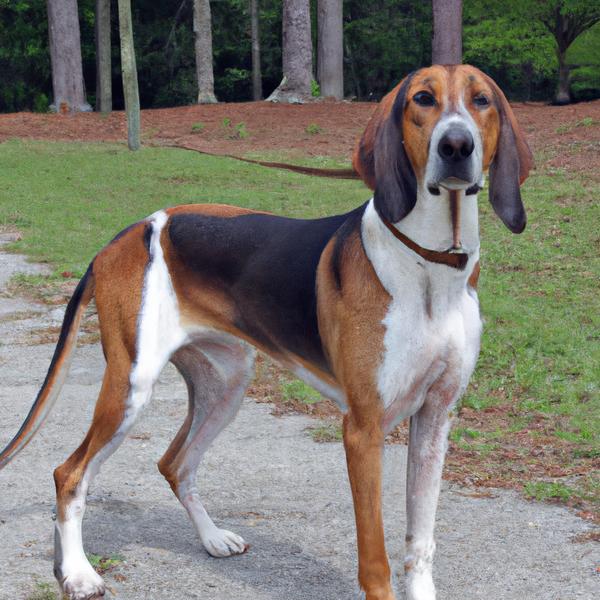
Treeing Walker Coonhound
Africanis vs Treeing Walker Coonhound
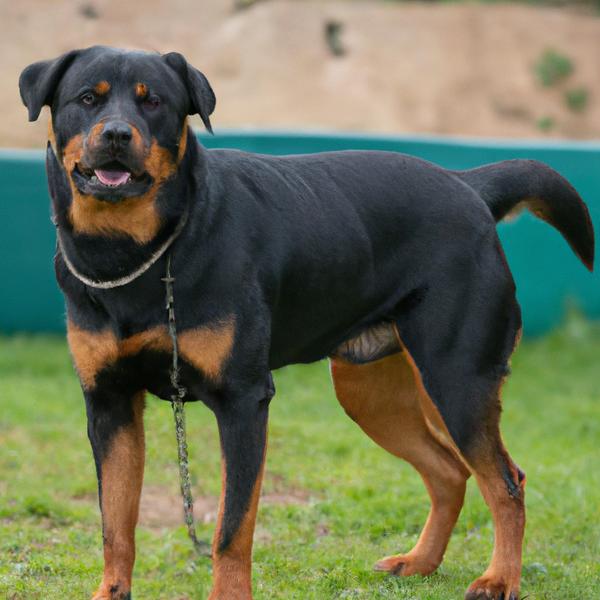
Rottie Shepherd
Africanis vs Rottie Shepherd
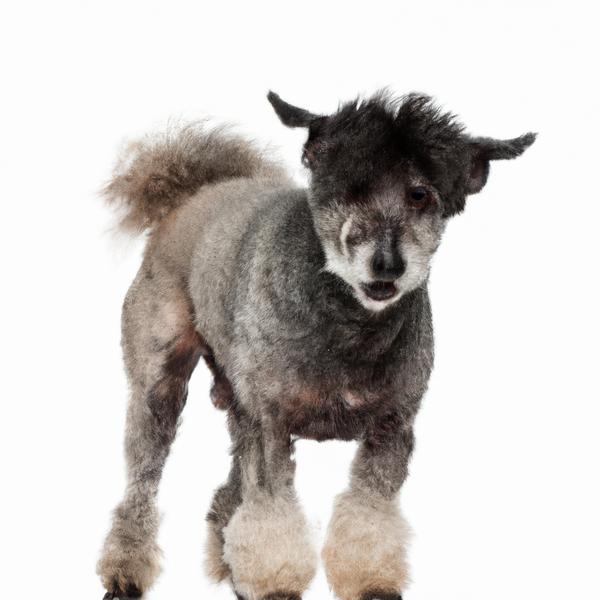
Pumi
Africanis vs Pumi
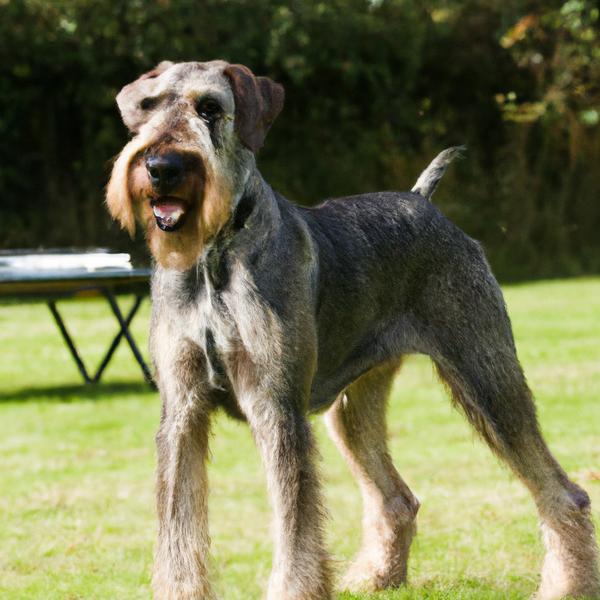
Standard Wauzer
Africanis vs Standard Wauzer
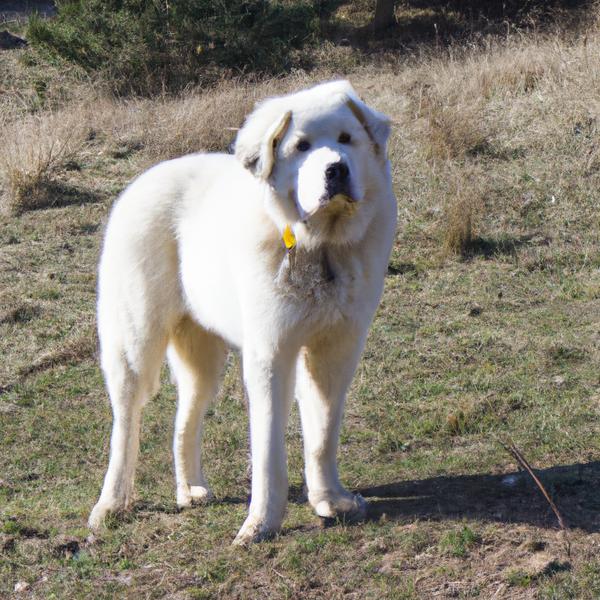
Saint Pyrenees
Africanis vs Saint Pyrenees
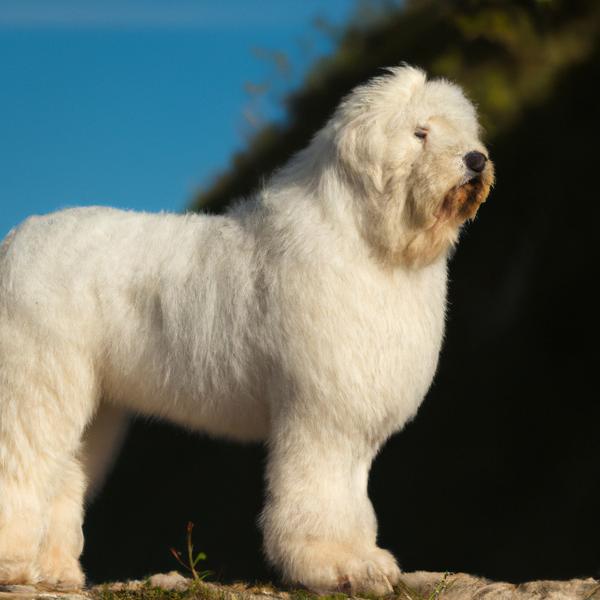
Italian Daniff
Africanis vs Italian Daniff
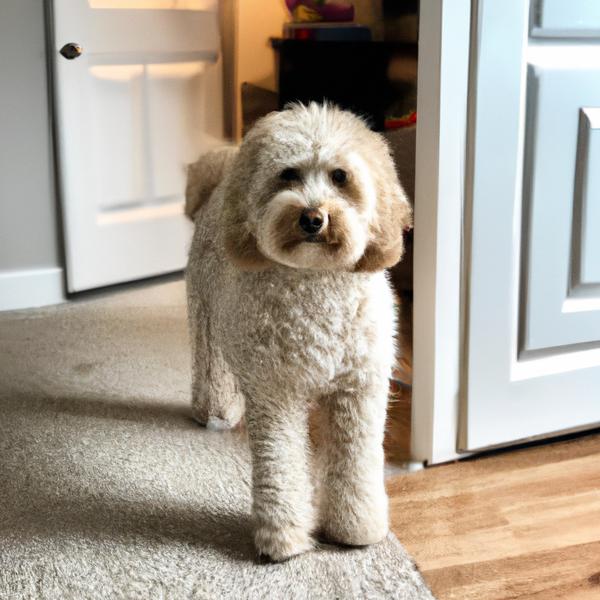
Ttoodle
Africanis vs Ttoodle
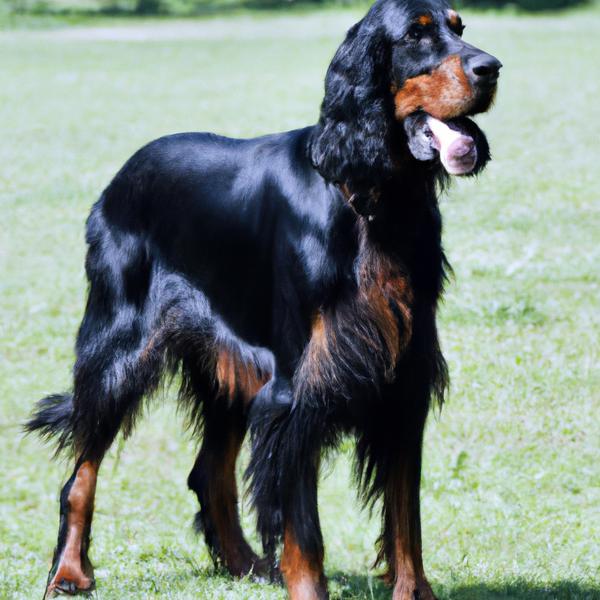
Gordon Setter
Africanis vs Gordon Setter
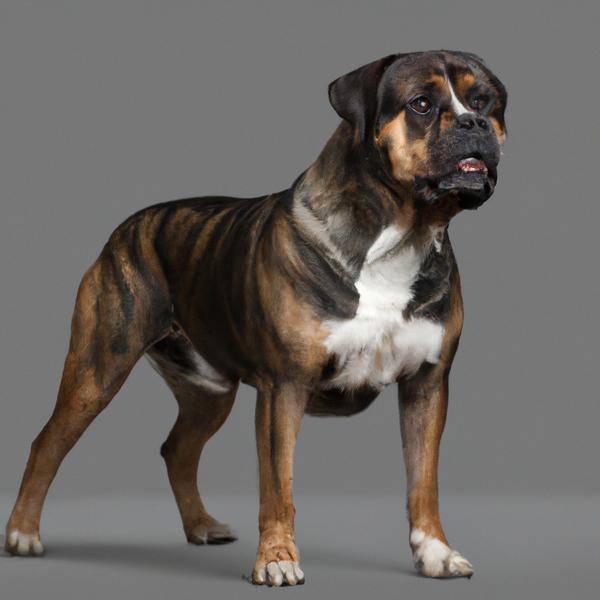
American Bandogge
Africanis vs American Bandogge
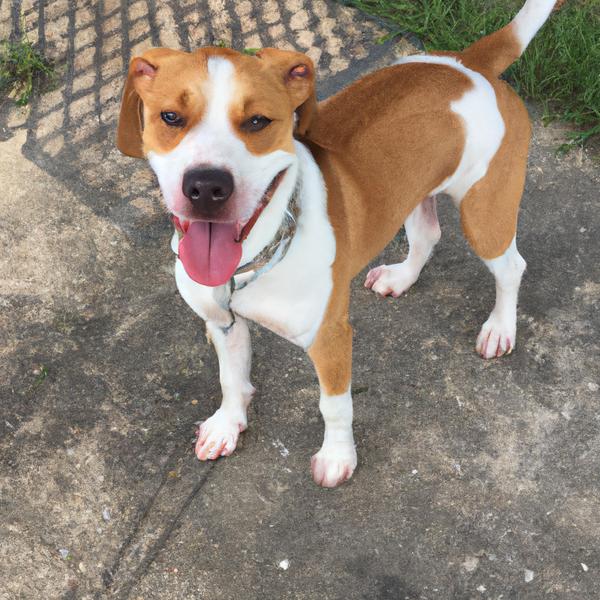
Beagle Pit
Africanis vs Beagle Pit
